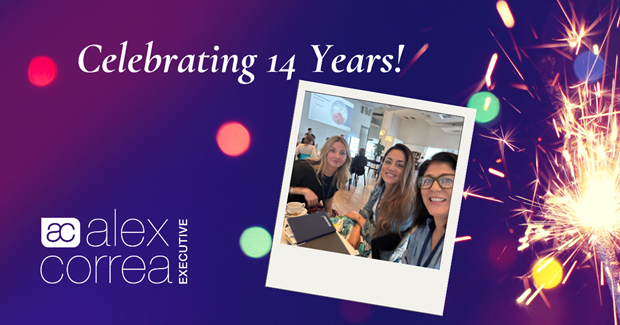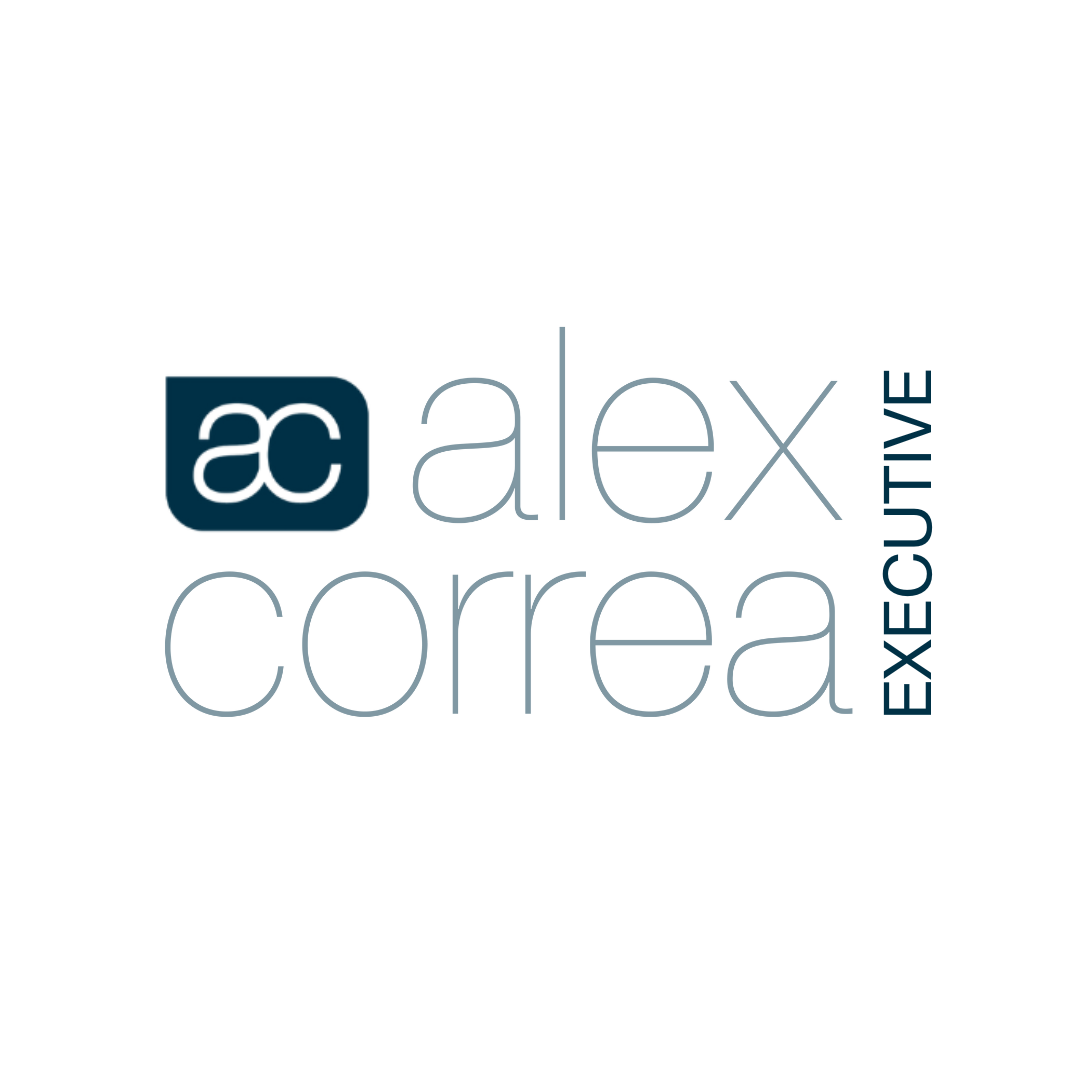Tailoring Your CV to the Job You Want, Not the One You Have
We're often asked what makes a good CV. The advice we give is that the CV must be succinct, persuasive and tailored for the position you are applying for.
Showcase Your Relevant Experience
When you're refreshing your CV, think about what your most relevant and recent experiences are as they relate to the position you are applying for. Relevant skills can be showcased in an employment history CV or even better in a skills-based CV.
An employment history CV is where your previous roles are outlined from most to least recent. Under each role you provide a role description and some information about your work in the role. This is the CV format we most often see. While it is a logical format, it may hinder your success at securing aspirational roles. For example, imagine you are applying for a role that requires construction law experience. You are currently working in a general commercial role but you have had exposure to construction three jobs ago. An employment history CV will push your construction law experience down. You risk the reader deciding early on that you are a commercial lawyer and simply don't have this experience.
A skills-based CV is where you start off by setting out your past roles and employers without delving into the detail. After that, have headings with your areas of expertise on the first page in order of relevance. Where applicable use expertise and skill headings such as construction law, commercial litigation, leadership or mentoring. Under these headings provide details and case examples of your work in these areas. This format is particularly useful for repositioning yourself and highlighting how you best fit the role.
Time to Tailor
Think of your CV like a custom dress or suit. When you go for your first fitting it will be too big for you. This is when the tailor starts pinning the fabric to fit you. It may take a few fittings and it may need resizing in 2 years, but once it is done it is perfect for the occasion.
We suggest taking a similar approach to your CV. Create and save a master CV which has all your historical jobs or all your skill headings. Then move your headings and delete irrelevant information depending on what skills the role you are applying for requires. Save this as a new version so you can easily amend your master CV next time.
The length of your CV should also be tailored to your experience level. There's no hard and fast rule about the length of a CV. The key is to keep it as succinct as possible without compromising on the quality of its content. The more experienced you are, the greater flexibility you have in CV length. However, we'd recommend limiting your CV to 6-8 pages. On the other hand, if you are early in your career, a succinct CV may be of no more than 3-4 pages.
If you haven't looked at your CV in a while, why not pull it out and see if it still fits the professional you want to be.
To download our sample CV template, click here
For more advice about updating your CV or chasing your aspirational role, you can reach us at info@alexcorreaexecutive.com.au.
Related Articles












